Microsoft Certifications are globally recognized credentials that validate technical proficiency across a wide array of Microsoft technologies, encompassing cloud platforms such as Azure and Microsoft 365, as well as specialized areas like data and artificial intelligence. These certifications are designed to “build skills that open doors in your career” and empower individuals to “spark possibility” in their professional journeys. They represent more than just a formal acknowledgment of expertise; they are a proven catalyst for career acceleration.
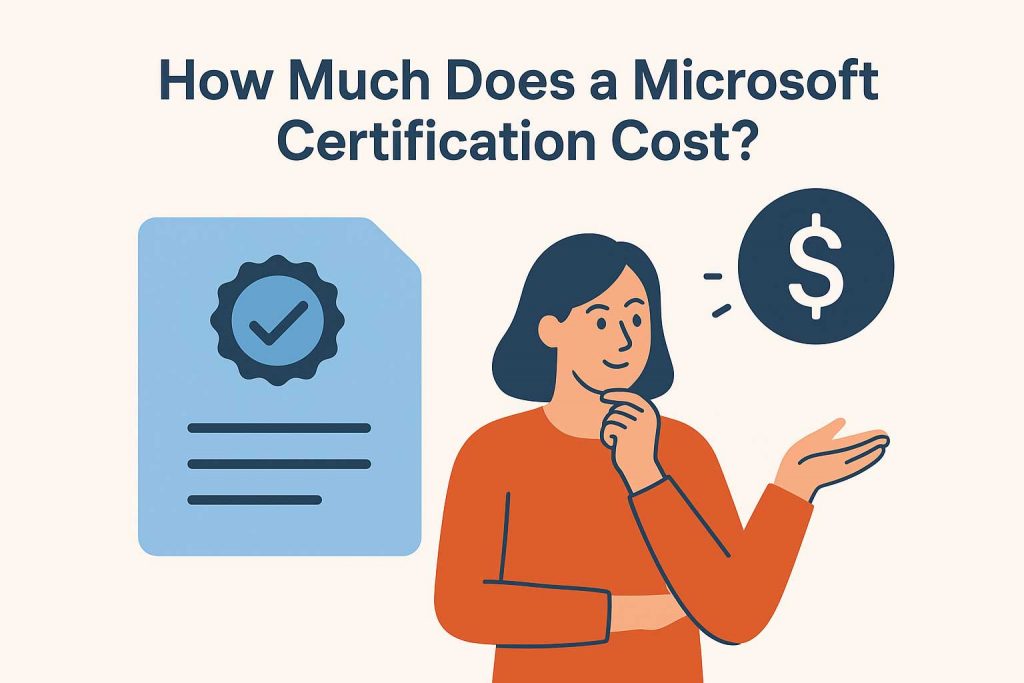
The tangible benefits of these certifications are well-documented. Statistics indicate that, on average, certified employees earn 15 percent more than those without certification, highlighting a clear financial advantage. Furthermore, a significant 61 percent of tech professionals report earning a promotion upon achieving a certification, demonstrating the direct impact on career progression.1 This compelling data underscores that the expenditure associated with obtaining a Microsoft certification is not merely a cost but rather a strategic investment in one’s professional future.
This comprehensive guide aims to provide a transparent and detailed breakdown of the financial commitment involved in acquiring a Microsoft certification. It will cover not only the direct exam fees but also the often-overlooked expenses related to preparation and potential retakes. Crucially, this report will also outline smart strategies to minimize these out-of-pocket expenses while maximizing the return on investment, offering a complete financial picture for informed career planning. The financial outlay for a Microsoft certification extends beyond a simple price tag; it encompasses various components that, when viewed holistically, constitute a strategic investment. This broader perspective recognizes that the initial monetary expenditure is made with the expectation of significant returns in terms of career advancement, increased earning potential, and enhanced professional opportunities. Understanding these multiple facets allows individuals to plan their certification journey more effectively, recognizing that the benefits often far outweigh the initial financial commitment.
Table of Contents
Microsoft Certification Levels and Their Core Exam Costs
Microsoft certifications are structured into distinct levels, each corresponding to varying degrees of expertise and carrying specific exam fees. The overall financial outlay for a certification is primarily determined by the chosen level and the number of examinations required to achieve the credential. This tiered pricing structure is a deliberate reflection of the validated skills’ depth and market value, making foundational learning accessible while pricing advanced expertise appropriately for its higher impact and demand in the IT industry.
Fundamentals Certifications
These certifications serve as entry-level credentials, ideal for individuals new to a particular Microsoft technology or those contemplating a career transition. They are specifically designed for professionals with less than two years of experience or those seeking a foundational understanding of core concepts.3 Fundamentals certifications validate basic knowledge of cloud principles and specific Microsoft products, including Azure, Microsoft 365, Power Platform, Dynamics 365, and Security, Compliance, and Identity.4
Individual Fundamentals exams typically cost US$99.3 Popular examples include the Microsoft Certified: Azure Fundamentals (AZ-900), Microsoft 365 Fundamentals (MS-900), Power Platform Fundamentals (PL-900), Azure AI Fundamentals (AI-900), Azure Data Fundamentals (DP-900), and Security, Compliance, and Identity Fundamentals (SC-900).3 Since most Fundamentals certifications require passing only a single exam, the total certification fee for this level is generally
$99.3
Associate Certifications
Associate certifications are more comprehensive, targeting professionals with practical experience in specific job roles such as Azure Administrator, Data Engineer, or Security Engineer.7 These credentials build upon foundational knowledge, demonstrating a deeper and more practical understanding of Microsoft technologies.
Individual Associate-level exams typically cost US$165.3 To earn an Associate certification, candidates may need to pass one or two exams, leading to a total certification fee that can range from
$165 to $330.3 Common Associate certifications include Microsoft Certified: Azure Administrator Associate (AZ-104), Azure AI Engineer Associate (AZ-102), Azure Data Engineer Associate (DP-203), Azure Developer Associate (AZ-204), Power BI Data Analyst Associate (PL-300), and Security Operations Analyst Associate.5
Expert Certifications
Representing the pinnacle of role-based certifications, Expert credentials validate advanced expertise in complex and highly specialized domains such as DevOps, Solutions Architecture, or Microsoft 365 Administration.7 Achieving an Expert certification often requires an Associate-level certification as a prerequisite.3
Individual Expert-level exams typically cost US$165.3 Given the prerequisite Associate certification and the requirement of often two or three exams for the Expert level itself, the total cost for an Expert certification can range from
$330 to $495.3 Key Expert certifications include Microsoft Certified: Azure DevOps Engineer Expert (AZ-400), Azure Solutions Architect Expert (AZ-305), and Microsoft 365 Administrator (MS-102).3 The increasing complexity of the validated skills and the higher earning potential and career advancement opportunities associated with more advanced roles are directly reflected in this tiered pricing.
Microsoft Office Specialist (MOS) Certifications
These certifications validate proficiency in specific Microsoft Office applications, such as Word and Excel.14 They are widely recognized by employers and academic institutions as a benchmark for essential productivity skills.15
Individual MOS exams typically cost US100−US104 in the United States.14 For exact pricing, candidates are advised to contact Certiport, the official exam delivery provider for MOS certifications, as prices can vary.10
Regional Pricing Variations
Exam prices are not uniform across all geographies; they are subject to change and are adjusted according to local currency values in specific countries and regions.6 Additionally, in some countries and regions, supplementary local taxes may apply.10 Microsoft announced upcoming price updates effective November 1, 2024, with the objective of simplifying and standardizing pricing across geographies. These adjustments may lead to price decreases in some areas to enhance affordability, while others might experience increases to align with global and regional standards.6 For instance, US prices are noted as $165 for Associate/Expert and $99 for Fundamentals, whereas Canadian prices are $140/$84 USD.6 This dynamic pricing model demonstrates Microsoft’s active approach to accounting for global economic factors, local purchasing power, and the evolving demand for specific IT skills in different markets. It is not a static, universal price list but rather a responsive strategy designed to maintain the program’s value and accessibility worldwide. Therefore, prospective candidates should always verify the exact exam price for their specific country or region directly on the official exam registration platforms (Pearson VUE or Certiport) to account for regional variations, potential taxes, and any upcoming price adjustments.
Estimated Microsoft Certification Exam Costs by Level (US$)
| Certification Level | Typical Cost Per Exam (US$) | Exams Typically Required for Certification | Estimated Total Certification Cost (US$) | Examples of Certifications |
| Fundamentals | $99 | 1 | $99 | AZ-900, MS-900, PL-900 |
| Associate | $165 | 1-2 | $165 – $330 | AZ-104, PL-300, AZ-204 |
| Expert | $165 | 2-3 (incl. prerequisite Associate) | $330 – $495 | AZ-400, AZ-305, MS-102 |
| Microsoft Office Specialist (MOS) | $100 – $104 | 1 | $100 – $104 | MO-111 (Word Expert), MO-211 (Excel Expert) |
Beyond the Exam: Additional Costs to Consider
While exam fees represent the most direct and apparent cost, a comprehensive understanding of Microsoft certification expenses necessitates factoring in preparation resources. These additional investments, though often optional, can significantly influence the overall budget and, more importantly, substantially increase the likelihood of success on the first attempt.
Official Training Courses (Instructor-Led/Online)
Many candidates opt for structured training courses to prepare for their certification examinations. These courses can range from official Microsoft-led programs delivered by Microsoft Certified Trainers 17 to offerings from Microsoft Learning Partners or independent third-party training providers. Such courses typically provide an in-depth curriculum, opportunities for hands-on labs, and expert guidance.
The cost for these courses can vary considerably, typically ranging from $300 to over $2,000, depending on factors such as the course’s length, depth of coverage, format (e.g., virtual, in-person), and the specific provider.3 For instance, some training providers offer bundles that combine a fundamentals webinar with a more advanced 3-5 day course, occasionally including an exam voucher.18 Platforms like Coursera also provide Microsoft-developed specializations and professional certificates, which offer structured learning paths.19 The decision to invest in paid training, despite the availability of free resources, often stems from a desire to optimize the preparation process. Paid courses typically offer structured curricula, direct access to instructors, hands-on labs, and a more accelerated learning pace. This financial investment is a strategic trade-off: spending money on training can potentially save time in preparation and increase the probability of passing the exam on the initial attempt, thereby avoiding the additional cost and time incurred by retakes.
Practice Exams and Study Guides
Effective preparation often involves utilizing practice exams and comprehensive study guides. Microsoft provides valuable resources in this area, both free and paid.
Free Official Practice Assessments: Microsoft Learn offers free Practice Assessments for a wide range of certification exams, including popular ones like MS-102, AZ-900, AZ-104, MS-900, DP-900, AZ-305, and PL-300.13 These assessments are developed by the same team that creates the actual certification exams, providing highly relevant insights into the style, wording, and difficulty of the questions candidates are likely to encounter. They offer detailed score reports that include correct answers, rationales, and links to additional information on Microsoft Learn, enabling candidates to effectively gauge their readiness and pinpoint knowledge gaps.20 These official assessments are available at no cost and can be attempted multiple times, making them an invaluable preparation tool.
Paid Third-Party Practice Tests: Reputable third-party providers like MeasureUp and Whizlabs offer comprehensive practice tests and supplementary study materials for those seeking additional resources. MeasureUp individual practice tests often cost $99, though they are frequently discounted to around $49.50 for specific popular exams (e.g., AZ-900, AZ-104, MS-900).21 MeasureUp also provides subscription plans for access to their complete catalog, starting from approximately
$21 per month or $179.10 per user annually.21 Whizlabs offers practice tests, video courses, hands-on labs, and cloud sandboxes for various Microsoft certifications (e.g., AZ-900). Their subscription models can cost approximately
$29.95 per month or $299 per year.22
Official Microsoft Press Study Guides: These are physical books or e-books published by Microsoft Press, specifically designed as study aids for particular certification exams. Prices vary depending on the title and format. For example, a MOS Study Guide for Microsoft Word can cost $19.99 for the physical book or $19.19 for the eBook, with book+eBook bundles also available.23 Exam Ref eBooks for Associate/Expert level exams (e.g., AZ-104, MS-102, AZ-900) generally range from
$30-$50.24 The availability of both extensive free official practice assessments on Microsoft Learn and a robust market for paid third-party practice tests and study guides highlights a nuanced approach to exam preparation. While Microsoft provides foundational and highly relevant free tools, the existence of paid alternatives suggests that some candidates seek additional depth, variety, or a more comprehensive, integrated study experience. This implies that the effectiveness of free resources might vary based on an individual’s prior knowledge, learning style, and confidence level. The choice to pay for additional materials is often a strategic one to enhance preparation and reduce the risk of needing to retake an exam.
Exam Retake Policies and Bundles
Should a candidate not pass an exam on the first attempt, they typically must adhere to Microsoft’s exam retake policy 25, which usually involves a waiting period and paying the full exam fee again for a retake. To mitigate the financial risk associated with a failed attempt, Microsoft offers “Exam Replay” packages. These bundles include one exam voucher and one retake of the same exam.
An Exam Replay bundle costs $230.26 For enhanced preparation, a bundle that includes the exam, a retake, and a Microsoft Official Practice Test (accessible online and valid for 30 days from activation via MeasureUp) is available for
$265.26 These bundles are generally valid for most role-based certifications (e.g., Microsoft Certified Solutions Associate (MCSA), Microsoft Certified Solutions Expert (MCSE), Microsoft Certified Solutions Developer (MCSD), and Microsoft Dynamics exams). However, they typically do not apply to Microsoft Office Specialist (MOS) or Microsoft Technology Associate (MTA) certification exams.26 Vouchers purchased through these bundles expire one year from the date of purchase.26 Compared to purchasing an exam ($165) and a separate retake ($165), which would total $330, an Exam Replay bundle offers a significant saving of
$100 ($330 – $230). The bundle with a practice test provides even greater value compared to buying all components separately.26 The very existence and promotion of “Exam Replay” bundles by Microsoft indicate that failing an exam is a common occurrence and a recognized financial risk for test-takers. These bundles are a direct response to this risk, allowing candidates to pre-pay for a potential retake at a discounted rate. This suggests that the true financial commitment of certification isn’t solely the initial exam fee, but also includes the potential burden of multiple attempts. Microsoft’s offering provides a structured, cost-effective way for individuals to manage this risk. For those undertaking higher-stakes Associate or Expert exams, or those who feel less confident in a first-attempt pass, investing in an Exam Replay bundle can be a financially prudent decision. It effectively acts as an insurance policy, potentially saving money compared to paying full price for individual exam attempts and providing peace of mind.
Smart Strategies to Reduce Your Microsoft Certification Expenses
While Microsoft certifications involve an investment, several avenues exist to significantly reduce out-of-pocket expenses, making these valuable credentials more accessible to a broader audience.
Leveraging Free Microsoft Learn Resources
Microsoft Learn stands as the official, free platform offering extensive, self-paced learning paths, modules, and detailed technical documentation for virtually all Microsoft products and services.1 This content is developed and maintained directly by Microsoft, ensuring its accuracy and relevance. The platform emphasizes a “learn by doing” approach, providing hands-on exercises and personalized training modules that allow users to apply their knowledge in practical scenarios.1 As previously highlighted, official practice assessments are available at no cost on Microsoft Learn for many exams, offering invaluable preparation by simulating the actual exam experience.13 Microsoft’s commitment to providing extensive, high-quality, and completely free learning content through Microsoft Learn and free official practice assessments is a strategic move that significantly democratizes access to IT skills and certification. By removing the financial barrier to learning resources, Microsoft enables a broader global audience to acquire in-demand technical skills and pursue certifications, regardless of their training budget. This fosters a larger, more diverse ecosystem of skilled professionals proficient in Microsoft technologies, which ultimately benefits Microsoft’s market penetration and adoption. A substantial portion of the preparation required for Microsoft certifications can therefore be completed entirely for free by diligently utilizing the resources available on Microsoft Learn. This makes certifications attainable even for individuals with limited financial resources, provided they are self-motivated and disciplined in their study approach.
Student Discounts
Microsoft extends academic pricing on certification exams to eligible students in most countries and regions, with notable exceptions being India and China.10 While a specific universal percentage is not always stated, student verification typically provides a significant discount on exam vouchers.4 To qualify, students need to identify themselves as such in their Microsoft Learn certification profile and successfully verify their academic status.4 Beyond exam discounts, eligible students can also claim a US$100 Azure credit through “Azure for Students” to build and experiment in the cloud for free.4 This is particularly valuable for hands-on learning and project development without incurring infrastructure costs. Microsoft’s provision of substantial student discounts and free Azure credits is a clear strategic investment in cultivating its future talent pipeline. By making certifications and cloud resources more accessible and affordable for students, Microsoft encourages early adoption and proficiency in its technologies. This ensures a continuous supply of skilled professionals who are familiar with and capable of working with Microsoft products upon entering the workforce, thereby strengthening Microsoft’s ecosystem and market position in the long term. Students thus have a significant financial advantage when pursuing Microsoft certifications. Leveraging these academic discounts and free Azure credits can drastically reduce the overall cost, making it an ideal time for students to acquire valuable industry-recognized credentials.
Virtual Training Days and Event Vouchers
Microsoft frequently hosts free “Virtual Training Days” and other online events.1 Attending these events can often qualify participants for a
50% discount on eligible certification exams.29 Another valuable opportunity is the “30 Days to Learn It” Challenge, where participants who complete a designated learning journey (a collection of Microsoft Learn content) within 30 days of signing up for the program become eligible for a
50% off certification exam.29 This offer is limited to one voucher per person every six months. Discounted certification exams become available for redemption starting on the collection completion date and are subject to specific expiration dates indicated upon receiving the voucher code via email.29 The offering of 50% discount vouchers tied to participation in Virtual Training Days and the “30 Days to Learn It” challenge represents a clever incentive strategy by Microsoft. These programs not only provide valuable, free training but also directly reward engagement with a tangible financial benefit. This approach drives higher participation in Microsoft Learn initiatives, fosters a sense of community among learners, and ultimately expands the pool of Microsoft-certified professionals, all while making certification more financially accessible for individuals. Actively monitoring and participating in Microsoft’s free online events and challenges can therefore lead to substantial savings on exam fees. This strategy allows individuals to gain valuable knowledge and earn a significant discount, making certification a more attainable goal.
Employer Sponsorship and Partner Programs
Many organizations, particularly those that are Microsoft Gold Certified Partners, are required to have a certain number of certified professionals on staff to maintain their partner status. This status often comes with significant benefits, such as substantial software licensing discounts.31 To meet these requirements and foster a skilled workforce, employers frequently sponsor certifications for their employees. This sponsorship can involve covering exam fees and sometimes even the cost of study materials and official training courses.31 Some companies have been noted to pay around $500 per certification, in addition to exam and study material costs.31 Employees of Microsoft customers or partners may also be eligible for Microsoft Enterprise Skills Initiative (ESI) discounts, which often provide a 50% reduction on exam fees.30 For transitioning service members and veterans, Microsoft fully funds the Microsoft Software & Systems Academy (MSSA) program. This comprehensive program provides critical technical and career skills, including pathways to achieve Microsoft certifications, at no cost to the participant.33 This represents a completely free pathway for eligible individuals. Employer sponsorship for Microsoft certifications is not merely an employee perk; it is a strategic business decision. Companies invest in their employees’ certifications because it directly benefits the organization through maintaining valuable partner statuses, enhancing service delivery capabilities, improving overall team productivity, and attracting and retaining top talent. This demonstrates that certifications hold tangible business value beyond individual career progression, making them a corporate asset. The MSSA program exemplifies an even deeper, long-term investment by Microsoft in workforce development, addressing skill gaps and fostering a talent pipeline while also fulfilling social responsibility objectives. Prospective candidates should proactively inquire about employer sponsorship programs or check for eligibility for Microsoft ESI discounts. Securing employer support can eliminate or significantly reduce personal financial outlay, aligning individual career development with broader organizational goals.
Beta Exam Opportunities
Microsoft occasionally offers substantial discounts, typically 80% off vouchers, for individuals willing to take new exams while they are still in their beta testing phase.30 While highly cost-effective, participating in beta exams requires candidates to be confident in their self-study preparation, as official study guides or extensive training might not yet be fully available. There can also be potential delays in receiving results.30 Offering significant discounts for beta exams serves a dual purpose for Microsoft. Firstly, it incentivizes early adopters and subject matter experts to engage with new technologies and test the validity and clarity of the new exam content. This crowdsourced feedback is crucial for refining the exam before its general release. Secondly, it provides a cost-effective pathway for individuals to gain cutting-edge certifications, benefiting both the individual (through substantial cost savings) and Microsoft (through quality assurance and market feedback). For IT professionals who are already familiar with emerging Microsoft technologies or are confident in their ability to self-study with limited resources, participating in beta exams offers a highly cost-effective and early-access path to certification.
Is the Investment Worth It? The Value Proposition of Microsoft Certifications
Beyond the monetary cost, the true value of a Microsoft certification lies in its potential return on investment for one’s career. The benefits often extend far beyond the initial financial outlay, proving to be a strategic decision for long-term professional growth.
Career Advancement and Salary Potential
Data indicates that, on average, certified employees earn 15 percent more than their uncertified counterparts.1 This highlights a clear financial incentive for pursuing certification. A significant
61 percent of tech professionals reported earning a promotion upon achieving a certification.1 This demonstrates the direct impact certifications can have on career progression. Certifications can open doors to new roles and higher earning potential. For instance, a Microsoft Certified: Azure Fundamentals can lead to roles like Cloud Support Associate with average salaries of
$70,000 USD in the USA and ₹6.0 LPA in India.5 Higher-level Associate certifications command even more substantial average salaries, such as a Fabric Analytics Engineer Associate earning
$110,000 USD in the USA and ₹16.0 LPA in India.5 Furthermore, obtaining a Microsoft Azure certification, for example, can provide the flexibility to pursue a variety of career options within the cloud computing domain.7
Enhanced Productivity and Efficiency
Beyond individual career benefits, Microsoft-certified developers are reported to be 90 percent more productive and nearly 60 percent more efficient in their roles.1 This statistic underscores the practical, on-the-job benefits derived from the structured learning and validated skills acquired through the certification process.
Industry Recognition and Employer Trust
Microsoft certifications are globally recognized and industry-endorsed credentials, serving as a powerful demonstration of technical knowledge and proficiency.1 For consultants, certifications can significantly help in earning customer trust and establishing credibility.1 For Microsoft Partner companies, having a staff with relevant certifications is often a prerequisite for maintaining partner status and accessing associated business benefits.31 This makes certified employees a valuable asset to their organizations. The compelling statistics on increased earnings, promotions, and enhanced productivity are more than just individual benefits; they serve as powerful market signals. Employers are willing to invest more in and promote certified individuals because these certifications act as a credible, third-party validation of specific, in-demand skills. This reduces the inherent risk in hiring and promotes trust, particularly for clients engaging with consultants or for companies seeking to maintain their partner status with Microsoft. The reported “90% more productive” metric directly links certification to measurable business outcomes, positioning certified professionals as highly valuable assets for organizations.
Average Salaries for Select Microsoft Certified Roles (USA & India) – 2025 Outlook
| Certification Name | Example Job Role | Average Salary (USA) | Average Salary (India) |
| Microsoft 365 Certified Fundamentals | IT Support Specialist | $55,000 | ₹4.5 LPA |
| Microsoft Certified Azure AI Fundamentals | AI Solutions Analyst | $85,000 | ₹9.5 LPA |
| Microsoft Certified Azure Data Fundamentals | Junior Data Analyst | $70,000 | ₹5.5 LPA |
| Microsoft Certified Power Platform Fundamentals | Power Platform Support Analyst | $76,000 | ₹6.5 LPA |
| Microsoft Certified Azure Fundamentals | Cloud Support Associate | $70,000 | ₹6.0 LPA |
| Microsoft Certified Fabric Analytics Engineer Associate | Fabric Analytics Engineer | $110,000 | ₹16.0 LPA |
| Microsoft Certified Azure Database Administrator Associate | Azure Database Administrator | $108,000 | ₹14.0 LPA |
| Microsoft Certified Power BI Data Analyst Associate | Power BI Data Analyst | $95,000 | ₹10.5 LPA |
| Microsoft Certified Security Operations Analyst Associate | Security Operations Analyst | $102,000 | ₹11.0 LPA |
Maintaining Your Certification: The Cost of Renewal
Maintaining a Microsoft certification is a crucial aspect of its long-term value. Microsoft role-based and specialty certifications typically expire after one year.11 However, a significant benefit for certified professionals is that these certifications can be renewed for
free by passing a shorter, online assessment on Microsoft Learn. This renewal process can be initiated as early as six months before the certification’s expiration date.11
This free renewal mechanism ensures that certified professionals keep their skills current with the latest technology updates and industry best practices relevant to their job role, without incurring recurring financial burdens.11 The policy of free online renewal for role-based and specialty certifications is a critical component of Microsoft’s overall value proposition. It means that once the initial financial investment in obtaining the certification is made, the cost of maintaining that credential over time is effectively zero, provided the individual commits to continuous learning and passes the renewal assessment. This policy significantly extends the return on investment indefinitely, ensuring that the certification remains relevant and valuable in a rapidly evolving technological landscape without recurring monetary cost. It also implicitly encourages lifelong learning among certified professionals. Microsoft certifications therefore offer exceptional long-term value due to their free renewal policy. This feature eliminates recurring financial burdens for maintaining credentials, emphasizing the importance of continuous skill development and ensuring that the certification remains a current and valuable asset throughout one’s career.
Conclusion: A Strategic Investment in Your IT Career
Obtaining a Microsoft certification involves a variable financial commitment, which is influenced by the certification level and chosen preparation methods. Direct exam fees typically range from $99 for Fundamentals to $165 per exam for Associate and Expert levels, potentially totaling $99 to $495 for a complete certification.3 Beyond these, indirect costs such as paid training courses, which can range from
$300 to over $2,000, and paid practice tests or study guides, typically costing $50-$100 per item or through subscription fees, should also be considered.3
Despite these expenditures, numerous strategies exist to significantly reduce out-of-pocket expenses. These include leveraging the extensive free resources on Microsoft Learn, which offer comprehensive documentation, hands-on training, and official practice assessments.1 Additionally, eligible individuals can utilize
student discounts 4, participate in
Virtual Training Days or “30 Days to Learn It” challenges for discounted exam vouchers 29, explore
employer sponsorship or partner programs that may cover costs 31, and take advantage of
beta exam opportunities for substantial discounts.30
The initial financial outlay for a Microsoft certification is consistently outweighed by substantial career benefits. These include statistically proven higher salaries (15% more on average), increased promotion rates (61% of tech professionals), enhanced productivity (90% for certified developers), and strong industry recognition and employer trust.1 Furthermore, the
free online renewal policy for role-based and specialty certifications ensures that the investment continues to yield value indefinitely without recurring costs.11
Investing in a Microsoft certification is a strategic and often highly rewarding decision for professional development. It empowers individuals with validated, in-demand skills, opens new career doors, and positions them for long-term success in the dynamic and evolving IT landscape. By understanding the associated costs and strategically utilizing the available resources and discounts, one can embark on a certification journey with confidence and maximize the return on investment.
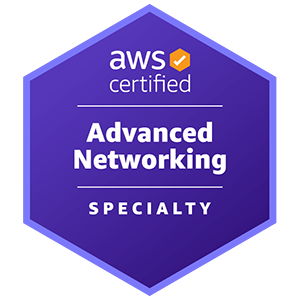
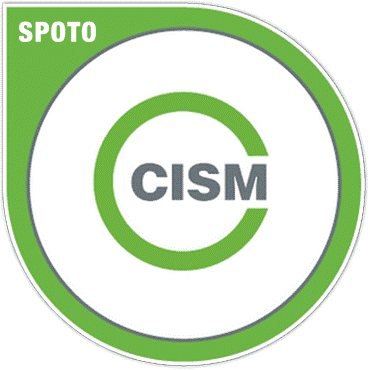

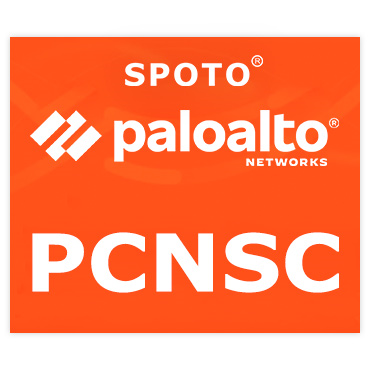
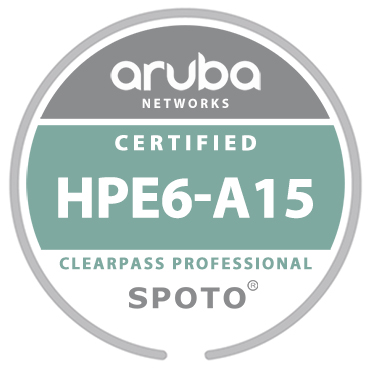
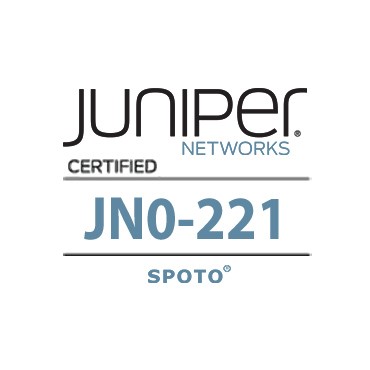
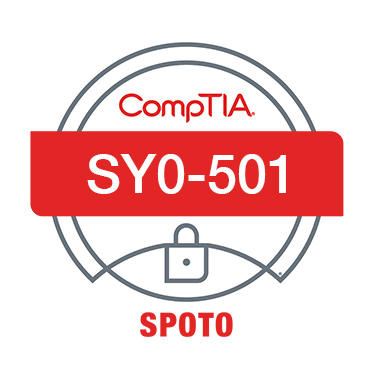
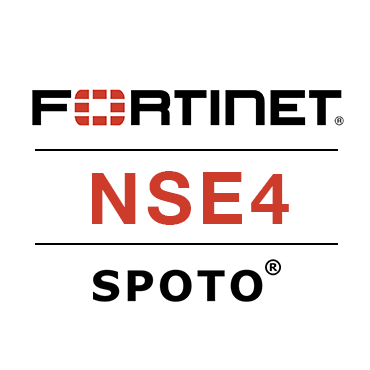
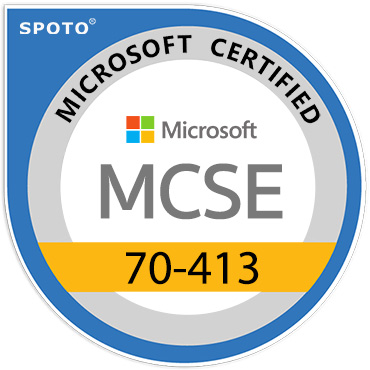

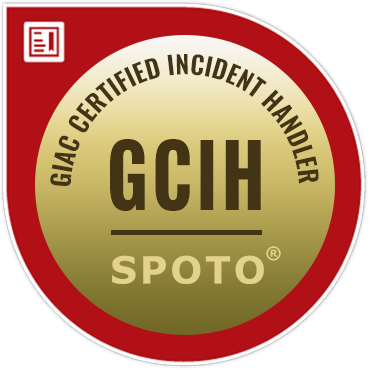

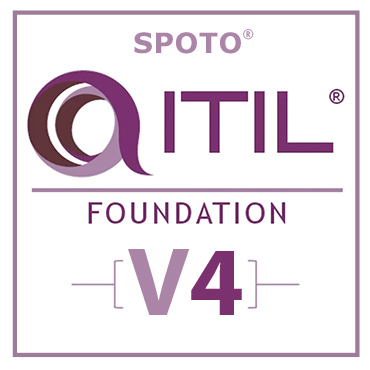
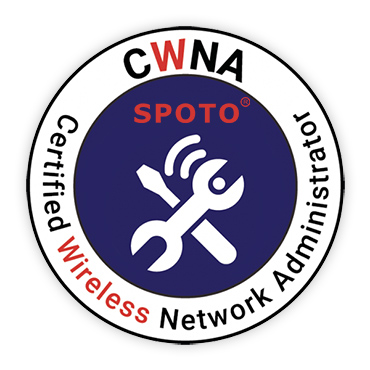
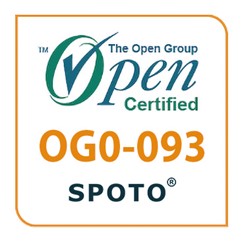



Comments